An Open Letter to White Jews in Beachwood
On holidays and days of remembrance, as well as in our daily thoughts and prayers, we recognize the biblical and historic plights of the Jewish people.
We recall slavery in Egypt on Passover; we honor victims of the Holocaust on Yom HaShoah; we fast in Atonement and in solidarity with the Jewish People on Yom Kippur.
We have suffered in unimaginable ways, and we still face anti-Semitism throughout the world.
However, while we continue to face oppression, white Jews come from a point of privilege in our community. We are privileged to wear our youth group letters with pride, to learn Hebrew in a public school setting, and to wear Kippot if our custom calls for it.
We are privileged to be a part of the majority, to have a voice in our district, and to exercise our First Amendment rights without fear. We are privileged, also, to have the opportunity, in case of immediate danger, to hide behind the color of our skin.
If we refuse to acknowledge these privileges, and choose to maintain the toxic narrative that we are always the oppressed and never the oppressors, the atrocities our ancestors faced may be faced by others, such as our brothers and sisters in the black community.
If we do not use the privilege our whiteness provides to defend the rights of the oppressed in our country, our calls for social justice and peace on Earth are meaningless.
Just as we demand respect and equal treatment for ourselves, we must demand respect and equal treatment for all oppressed people, especially the African American community, which has stood with us in the past.
The close ties between Jews and African Americans date back to the 1930s when their flights crossed as black people escaped the racist South and Jews escaped Nazi Europe.
A symbiotic relationship was established in the late 1940s when civil rights organizations fought to improve conditions for minorities in America. Black and Jewish organizations worked together to abolish discriminatory housing policies, to combat discrimination in higher education and in the workplace and to win the Brown v. Board of Education case.
As the Civil Rights movement exploded in the 1960s, Jews and African Americans stood in defense of one another. Abraham Joshua Heschel, who marched with Martin Luther King, Jr., and Rabbi Joachim Prinz, who addressed the 1963 March on Washington, recognized that the fates of racial and religious minorities were mutually dependent.
Another inspiring example of a Jew who stood with African Americans during the civil rights movement was closer to home. Arthur J. Lelyveld, Rabbi at Fairmount Temple from 1958 to 1986 and President of the American Jewish Congress from 1966-72, spent much of his career working to strengthen the relationship between the Jewish and African American communities.
“The Reform Jewish movement has always put a strong emphasis on social activism,” Lelyveld said. “The whole thrust of our tradition is a concern for social welfare.”
Just as Jews like Heschel, Prinz and Lelyveld stood with the Black community in the past, we as Beachwood citizens must stand with our neighbors now. In this country plagued with racial and religious turbulence, we must work with them, not against them.
The English language limits me to a certain extent, because it requires that I refer to Jews as ‘Us’ and African Americans as ‘Them,’ when such separation is uncalled for. Though our cultural and spiritual distinctions enrich and empower us as individual communities, in all actuality, there is no Us, and there is no Them.
If we can find it in ourselves to abandon the confines of our ‘we’ versus ‘they’ mentality, we will finally realize that we are connected on a fundamental level, and that to ignore the plights of Black people in America is to betray our own ancestors.
We must put behind us our personal biases and reach out to all people, including all people of color, immigrants, Muslims, LGBT+ individuals, the disabled and all oppressed parties in America. Inclusion is a key value of the Jewish faith and of the Beachwood community.
While we keep our history of discrimination in mind, we must also remember that the struggle for equality is not just about us. It is our privilege in Beachwood to be the majority. Here, we are no longer the victims. We must utilize this position of power to support the oppressed in America. We must use our voices to lift up the silenced minority. We must use our ears to listen to their stories, their ideas, their struggles, and their successes. Together we have stood throughout history, and together we must stand to make history.
All my love,
Another White Jew In Beachwood



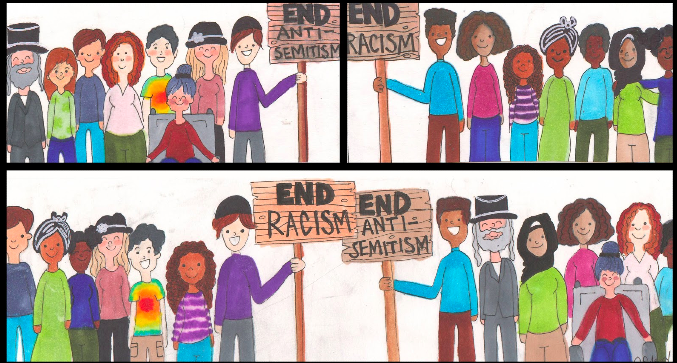
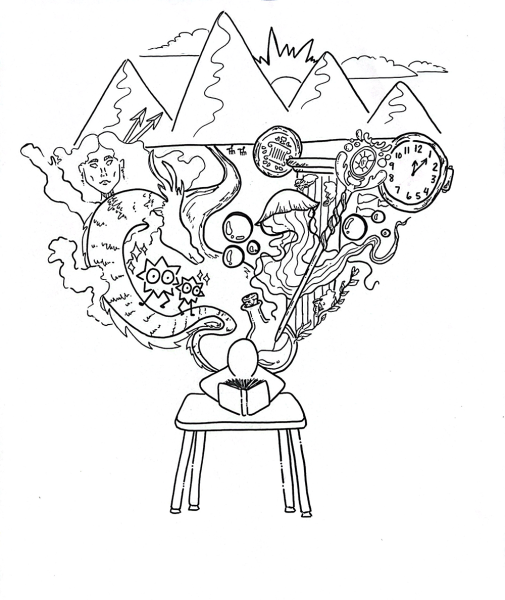
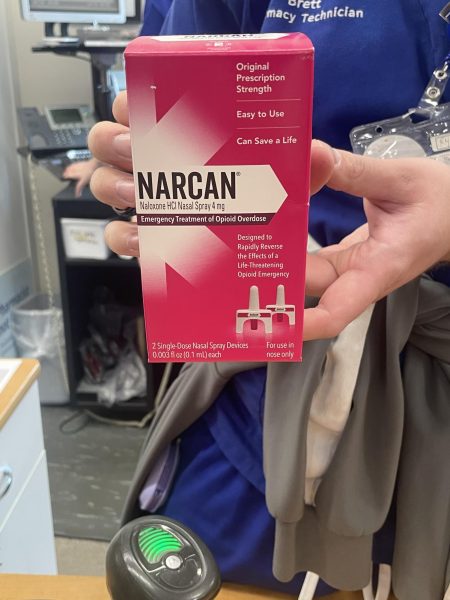
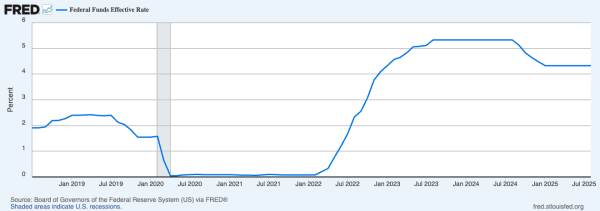


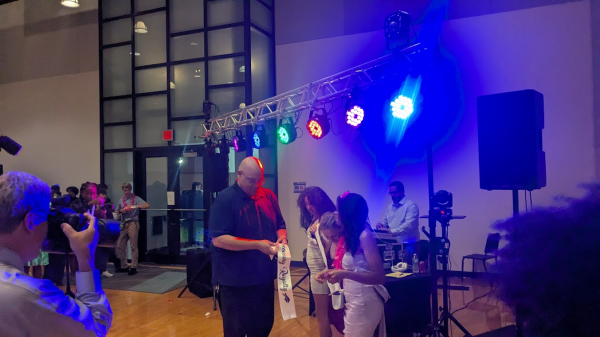
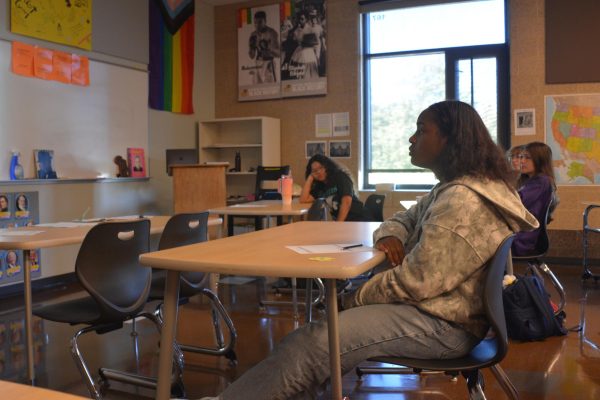
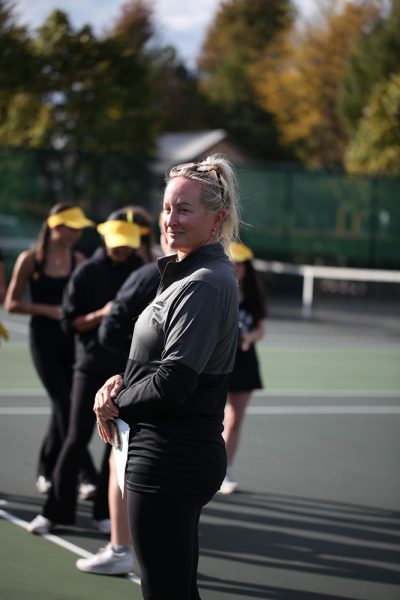
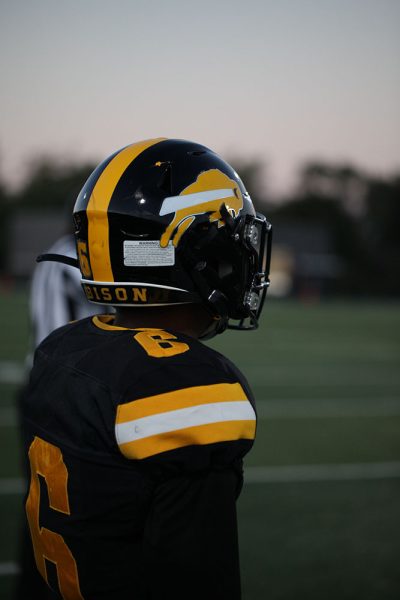
Mrs. Leffel • Apr 9, 2017 at 8:20 AM
Wow! Very powerful and well stated. Thank you Cameron for sharing this with me.
Jill • Feb 11, 2017 at 11:08 AM
Well said Cameron. Proud of you. ❤